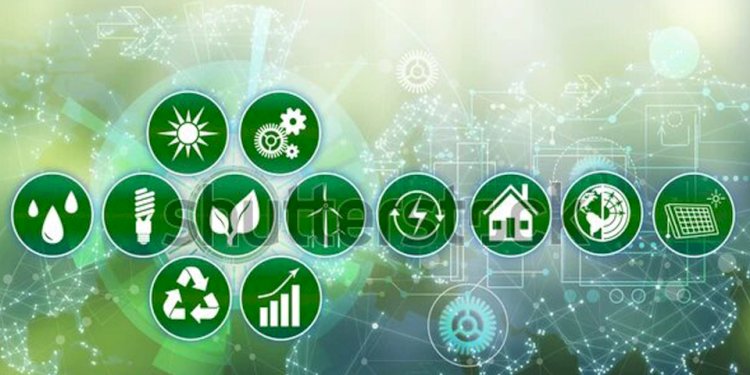Minimum Energy Efficiency Standards (MEES) Legislation

Minimum Energy Efficiency Standards (MEES) legislation is a set of regulations established by governments to ensure that buildings or products meet minimum energy efficiency requirements. These standards are designed to promote energy conservation, reduce greenhouse gas emissions, and enhance sustainability efforts. MEES legislation typically applies to both residential and commercial buildings, as well as certain appliances and equipment.
The primary goal of MEES legislation is to improve energy efficiency and decrease energy consumption. By setting minimum standards, governments aim to encourage property owners, landlords, and manufacturers to prioritize energy-efficient practices and technologies. These regulations play a crucial role in combating climate change, as buildings are significant contributors to energy consumption and greenhouse gas emissions.
In the context of buildings, MEES legislation often focuses on aspects such as insulation, heating, cooling, lighting, and overall energy performance. The specific requirements can vary depending on the jurisdiction, but they generally involve measuring and rating the energy efficiency of buildings through tools like Energy Performance Certificates (EPCs). EPCs assess the energy efficiency of a building and assign it a rating, which helps potential buyers or tenants make informed decisions regarding energy consumption.
Under MEES legislation, buildings that fall below the minimum energy efficiency standards may face restrictions on sale, lease, or renovation. In some cases, financial penalties or fines can be imposed on non-compliant property owners or landlords. These measures aim to create incentives for energy-efficient upgrades and discourage the use of energy-inefficient buildings.
MEES legislation also extends to certain products and appliances that consume energy, such as refrigerators, air conditioners, and light bulbs. Governments often establish energy efficiency standards for these products, mandating that manufacturers produce and sell only those that meet the specified criteria. This approach encourages the development and adoption of energy-saving technologies and helps consumers make choices that reduce their energy consumption.
By implementing MEES legislation, governments promote sustainability, improve air quality, and enhance energy security. Energy-efficient buildings and products not only reduce greenhouse gas emissions but also result in lower energy bills for consumers and businesses. Additionally, MEES legislation stimulates innovation in the field of energy efficiency, leading to the development of new technologies and practices that can further advance sustainability goals.
It is important to stay informed about the specific MEES legislation applicable in your country or region, as the requirements and implementation can vary. Governments often provide guidelines, resources, and assistance to help property owners, landlords, and manufacturers comply with the standards. Consulting local authorities, energy agencies, or legal experts can provide accurate and up-to-date information on MEES legislation and its implications.
In summary, MEES legislation sets minimum energy efficiency standards for buildings, appliances, and equipment to promote energy conservation, reduce greenhouse gas emissions, and enhance sustainability efforts. These regulations drive the adoption of energy-efficient technologies, encourage innovation, and create a pathway towards a more sustainable future.
What's Your Reaction?














